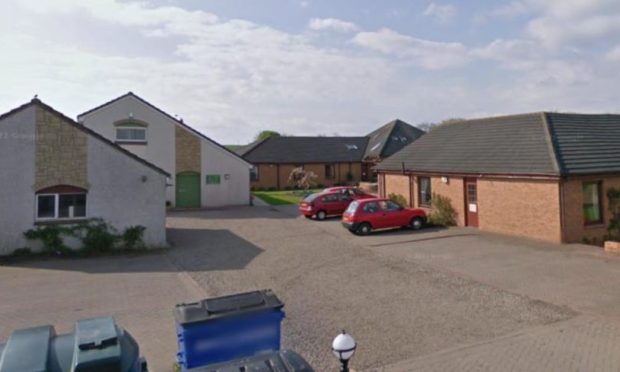More than £1.2 million was spent on prescribing painkillers in Fife last year, including those that can be bought over the counter for just a few pence.
Paracetamol tablets are widely available in shops for less than 50p and, while free to patients, cost up to 20 times more to the NHS if prescribed by a GP.
During 2016 more than 48,000 people were prescribed the common painkiller at a cost of £864,000, averaging almost £18 per patient.
Prescribing aspirin cost almost £204,000, cetirizine almost £107,000, loratadine more than £32,400 and sun screen almost £28,000.
The cost of sunscreen prescriptions soared from just over £15,500 in 2012.
Mid Scotland and Fife Labour MSP Claire Baker said it was important prescribing was sensible and proportionate as NHS Fife attempted to cut spending by millions of pounds.
She said: “It is important that patients get the care and support that they need but when it comes to prescribing the NHS board must ensure that it does this ensuring the best value for money.
“Therefore, to ensure that health boards, including NHS Fife, are able to keep costs under control, it is important that future prescribing is sensible and proportionate.
“We know that the NHS is facing budget pressures and has to find millions of pounds worth of savings just to balance the books.
“The Scottish Government must make sure all health boards have the funds available to meet the costs of medicines for patients.”
NHS Fife medical director Dr Frances Elliot said: “Aspirin and paracetamol are generally prescribed to patients for the treatment of long term conditions.
“Patients can also be advised to take them for short-term pain.
“Aspirin is a blood thinner that is prescribed to treat conditions, including heart issues and the prevention of stroke, whilst paracetamol is a painkiller used to treat conditions such as arthritis.
“Sunscreen would generally be prescribed to patients with skin conditions or those who are taking other medicines that may make them more sensitive to the sun.
“NHS Fife has recently undertaken a major piece of work, both externally and internally, to ensure that not only are our patients prescribed the safest and most effective medicines for their conditions, but that the health board gets the best value for money.
“We are also in the process of reviewing medications to make sure patients are only being prescribed treatments that they actually need.
“For instance, many people continue to receive repeat prescriptions for conditions that have since cleared up or that they no longer need.
“We would encourage those with any questions to speak to their local pharmacist or GP the next time they have an appointment.”










